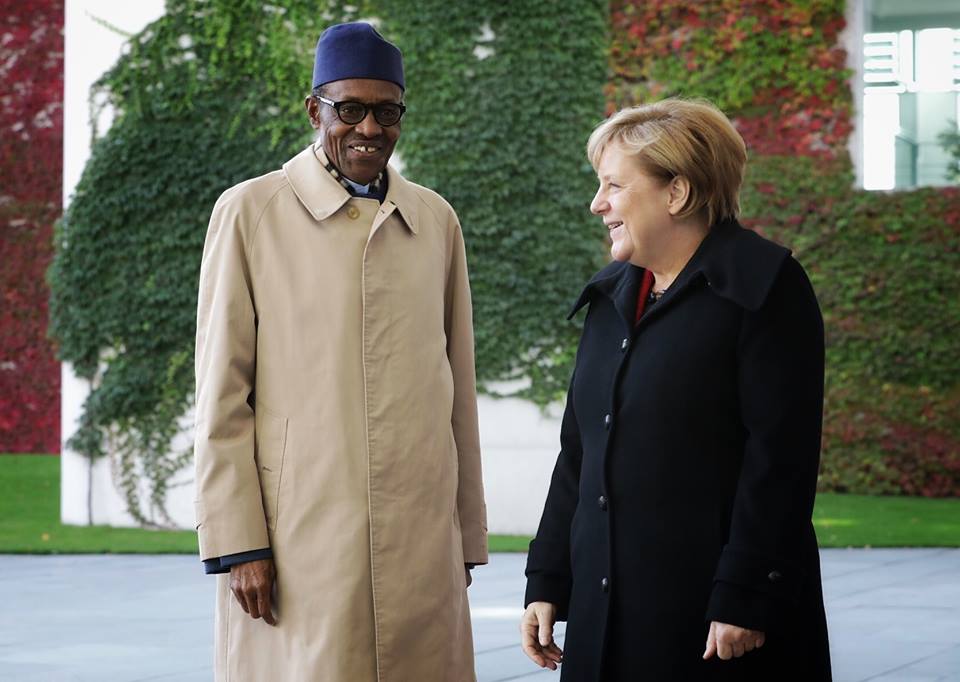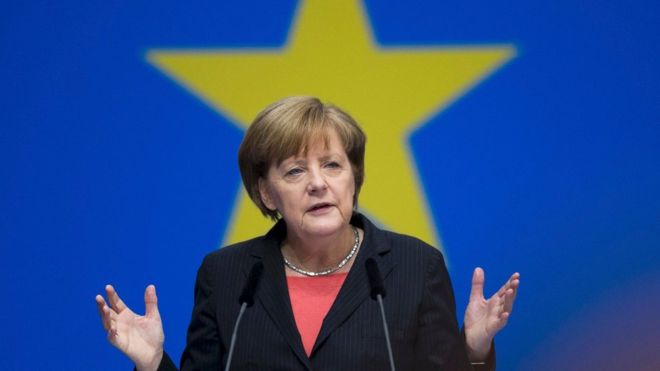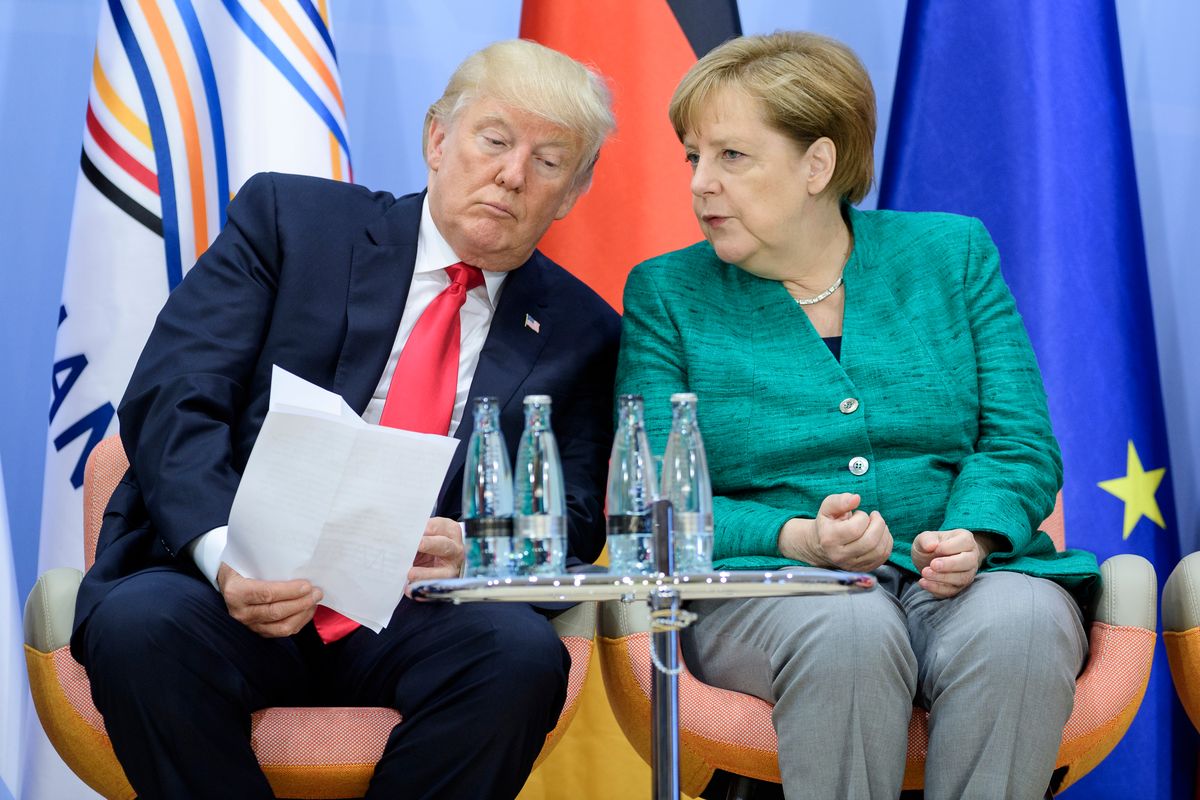Outgoing German Chancellor, Angela Merkel, on Thursday called President Muhammadu Buhari to pay compliments and thank the Nigerian President over his kind words during his address at the just concluded 76th edition of the United Nations General Assembly in New York.
It will be recalled that President Buhari had concluded his address at the 76th UNGA in New York last week by saying: “Let me close my statement by paying special tribute to a great and humane internationalist, and an exemplary practitioner of multilateralist cooperation. I am speaking of Chancellor Angela Merkel of the Federal Republic of Germany. As she exits the stage, we wish her well.”
According to a statement by Special Adviser to the President on Media and Publicity, Femi Adesina, Chancellor Merkel in the telephone call thanked President Buhari for his kind words and felicitation, wishing him greater successes in the challenging task of leading Nigeria and her about 200 million people.
“The President was full of appreciation for the cooperation Germany showed Nigeria, and the ECOWAS sub-region at large.
“He particularly mentioned the support for the project to recharge Lake Chad, through inter-basin water transfer, which would alleviate the plight of about 30 million people0, the statement read.
President Buhari applauded Merkel’s initiatives on rehabilitation of refugees, and help for developing countries.
He noted that German companies like Julius Berger, Siemens, and others, were doing well in the country, adding that the Federal Government was doing a lot to improve infrastructure.
On the security situation, the President said a lot was being done to stabilize things at this difficult period, thanking all the countries that had given helping hand, including Germany.
And on agriculture and food security, President Buhari said much had been achieved, leading to stoppage of massive food importation to the country.



